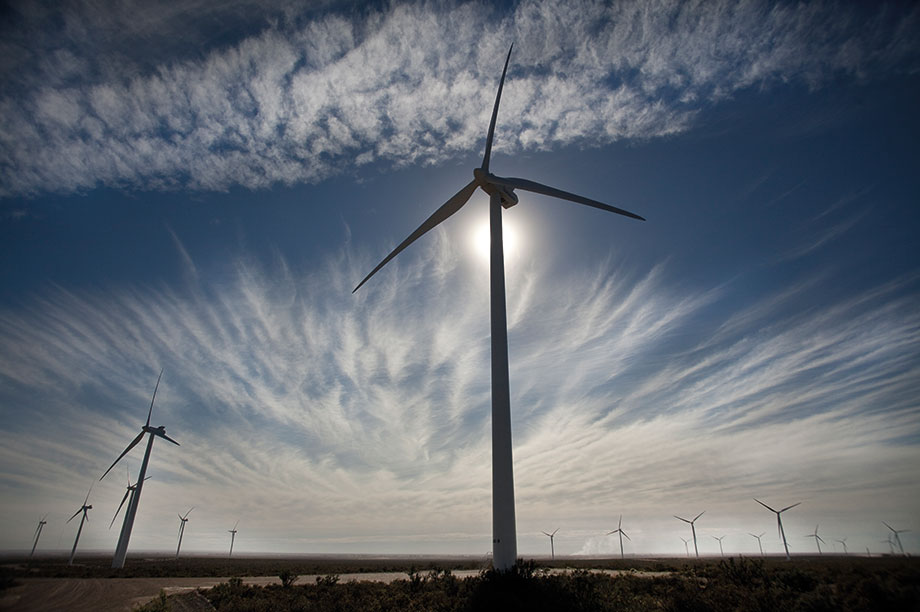Left-winger Alberto Fernandez was sworn in as Argentinean president on 10 December after beating Mauricio Macri in October’s national elections.
Investors fear Fernandez could employ the same interventionist policies to kick-start the country’s stalling economy as Macri’s predecessor, Cristina Fernandez (no relation), did during her term in 2007-2017. She is now vice-president.
Ahead of the new administration taking office, the Chamber of Renewable Energy (Cader) called for the deadline — by which companies awarded contracts in the third round of the Renovar tender for renewables have to complete their projects — to be extended, blaming turmoil in financial markets.
Cader said the recent events had had an "adverse impact" on macroeconic stability and "directly affected the process of financial closure for projects".
After taking office in 2015, Macri had sought to rebuild Argentina’s relations with the financial markets frayed since its 2002 default, paying off hold-out lenders and lifting restrictions on currency controls and imports.
However, currency controls were imposed again in August after Macri’s poor showing in early elections sent the Argentinean peso and share prices plunging.
The third round of Argentina’s Renovar series of renewable-energy tenders awarded contracts to 38 projects totalling 259MW. They included ten new wind farms with almost 129MW of capacity as well as solar, biogas and mini-hydroelectric plants.
Projects currently have two years from the awarding of the contracts in August 2019 to connect to the grid.
But as a result of increased economic and political upheaval, lenders stopped evaluating financing requests and, in some cases, even blocked the payments of previously authorised funds, Cader noted.
Campaign promises
On the campaign trail, president Fernandez expressed support for the country’s renewables sector, which has been booming since the implementation of 2015 legislation aiming to source 20% of Argentina’s electricity from renewable technologies by 2025.
Before taking office, Fernandez said he would appoint Sergio Lanziani, a nuclear engineer and energy minister in the province of Misiones, as his new energy secretary.
But a replacement for Sebastian Kind, who as undersecretary for renewable energy and energy efficiency has overseen the sector’s development, is yet to be named.




.png)
HR.jpeg)
.png)








